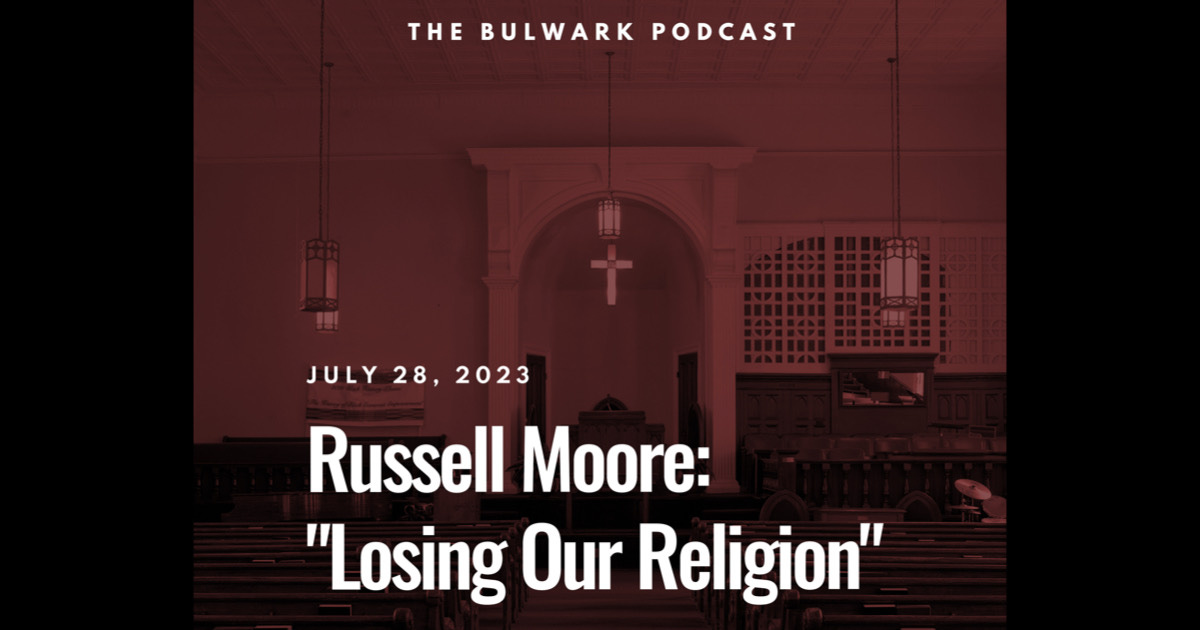We are living in a time when an evangelical pastor can literally quote Jesus Christ and a theo-bro will tell him he's weak and woke. How did we get here? And do we get out? Dr. Russell Moore discusses his new book on the weekend pod with Charlie Sykes.
show notes:
https://www.penguinrandomhouse.com/books/709965/losing-our-religion-by-russell-moore/















